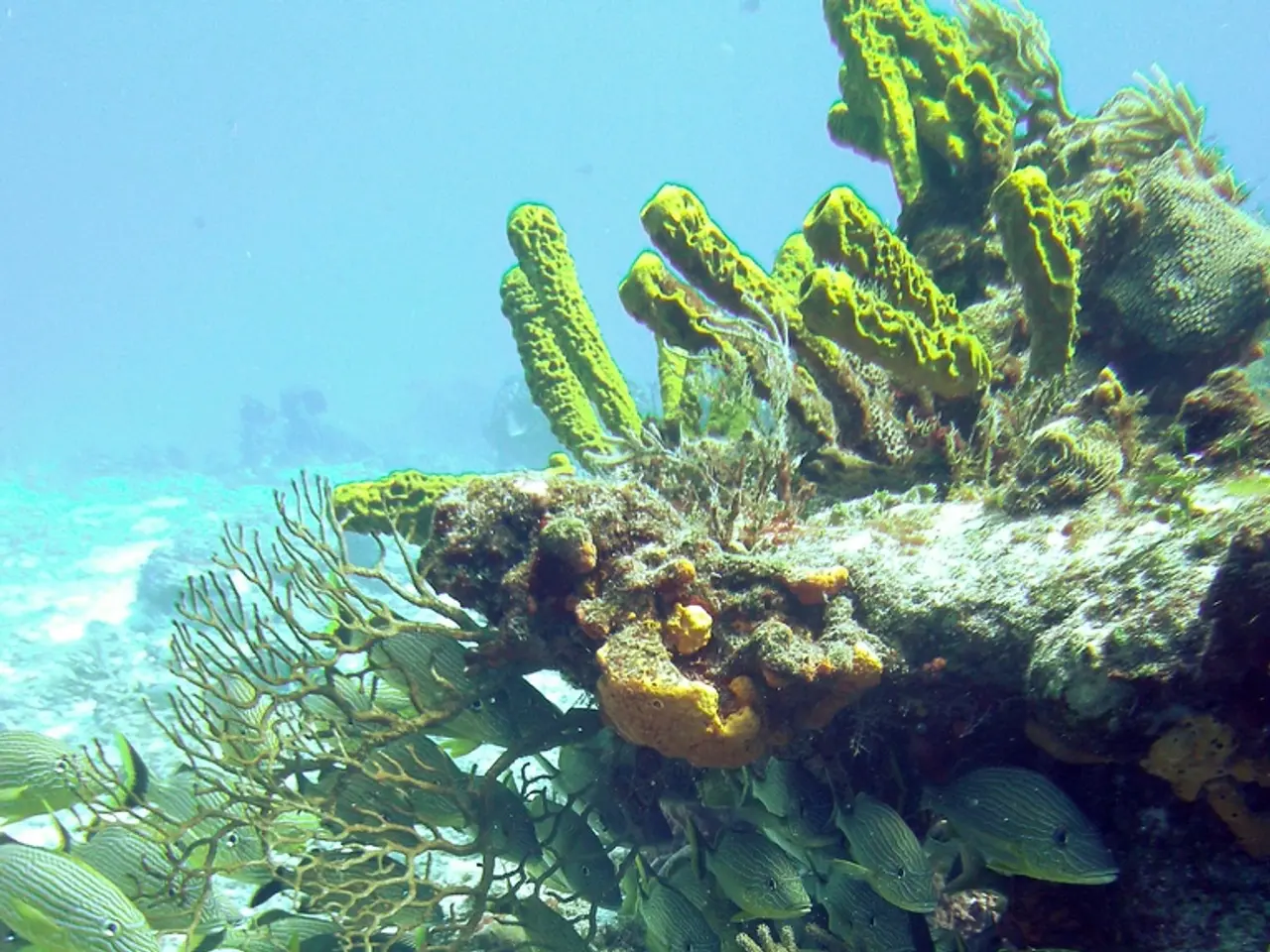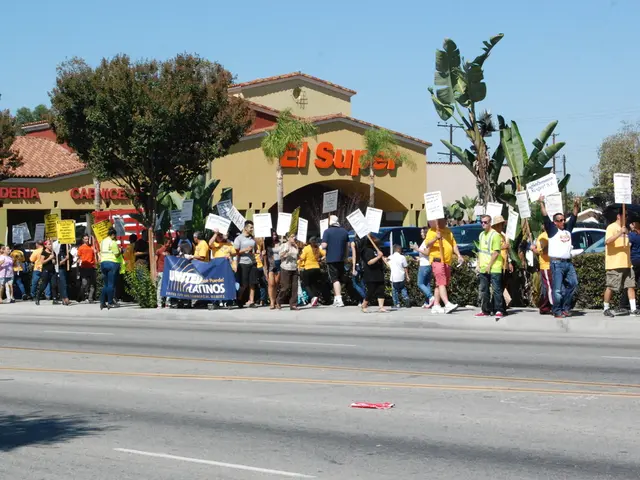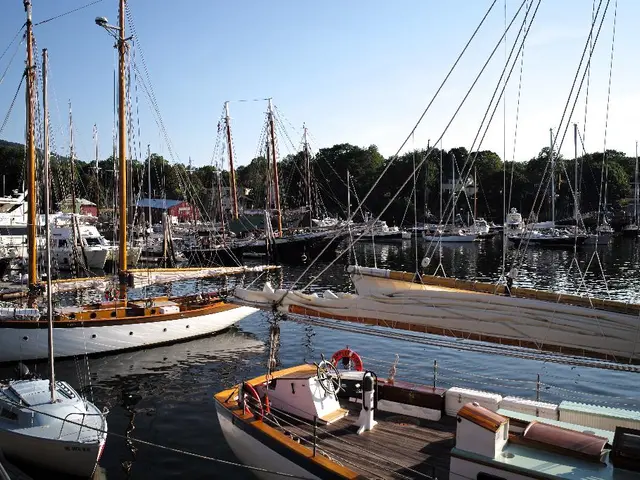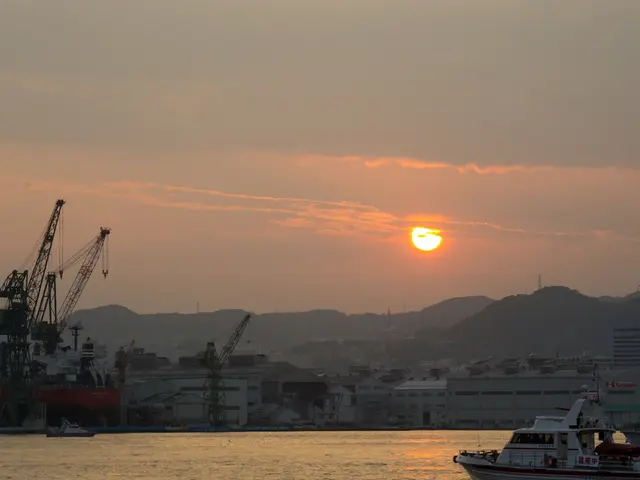Unpredictable outcomes lurk in deep-sea excavation for scarce minerals, resembling an explosive blend, as analogized by the 'Molotov cocktail'.
The International Seabed Authority (ISA), the global body responsible for managing deep-sea waters outside national jurisdictions, is making significant strides in the regulation of deep-sea mining. As the organisation celebrates its 30th anniversary, it faces both challenges and opportunities in the exploration and exploitation of the ocean floor's rare minerals.
The demand for minerals needed for technological products has sparked interest in the depths of the ocean. Recognising this potential, the ISA has launched its Deep-Sea Biobank to preserve and share knowledge about the ocean floor, with a focus on biodiversity, genetics, and the potential for exploration and exploitation. The Biobank aims to collect and preserve samples from the ocean floor for the benefit of all nations, especially developing countries.
The ISA has granted 31 mining exploration contracts to 21 companies from 20 countries by 2024, but commercial mining in international waters has not yet begun. Pending the Authority's completion of an international code for deep-sea mining, the future of undersea mineral exploitation remains uncertain.
The ISA is currently drafting a mining code to ensure the seabed remains protected and does not become a "Wild West" of exploitation. The code aims to establish guidelines for sustainable and equitable mining, benefiting all nations. It is crucial to agree on such a code, as the exploitation of deep-sea minerals could significantly impact the environment and global economies.
Leticia Carvalho, the director of the ISA, emphasises the importance of global efforts in preserving the climate, biodiversity, and marine protection. She asserts that the future of the deep seas should be one of care, appreciation, and nurture. Carvalho also acknowledges the need for unity and cohesion among nations in support of the rule of law and the ISA.
Not all nations share this sentiment, however. The United States, which is not a member of the ISA, has approved an order on the granting of licenses in international waters. Leticia Carvalho stated that the United States "goes its own way" regarding the ISA's rules, raising concerns about the potential for unregulated mining in international waters.
The UN Secretary-General, António Guterres, reiterates that international seabeds are the "common heritage of mankind" and that all nations should work together to ensure their protection and sustainable exploitation. According to international law, the seabed located outside national jurisdictions does not belong to any specific nation.
Nations such as India and the Kingdom of Lesotho have joined the ISA to regulate the exploitation of undersea mineral resources sustainably and equitably. India has signed a 15-year contract for polymetallic sulphides exploration, while Lesotho has appointed a permanent representative to the ISA as recently as 2025.
As the ISA continues to make progress on its mining code project, it faces major challenges due to high capital requirements, operational costs, and enormous technical uncertainties associated with mining on the ocean floor. It is crucial that the Authority prioritises the preservation of the ocean floor and its biodiversity while also enabling sustainable and equitable mining opportunities for all nations.
Read also:
- Achieving Successful Bonsai Grafting: Selecting the Appropriate Scion and Rootstock for Harmony
- European consumers are on the brink of experiencing a significant leap forward in electric vehicle (EV) charging technology, as Chinese automaker BYD prepares to unveil its innovative advancements.
- Recycling Business Transforms Steel and Aluminum Scrap into Reusable Materials
- Munich Airport unveils the largest electric vehicle charging station in the region of Bavaria








